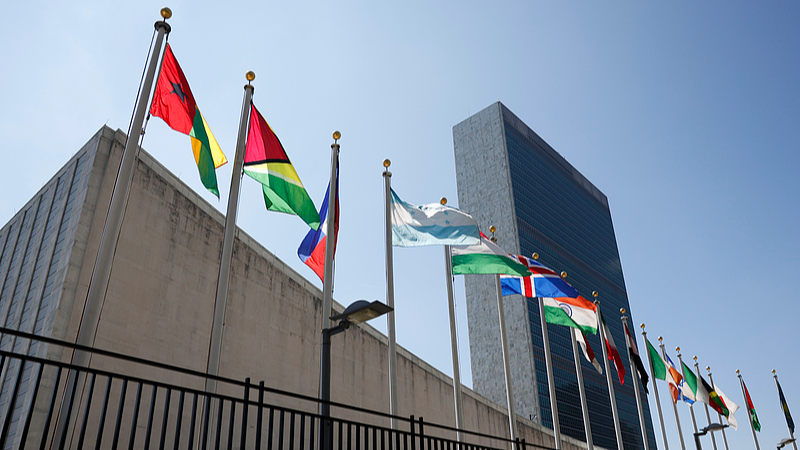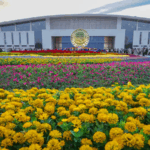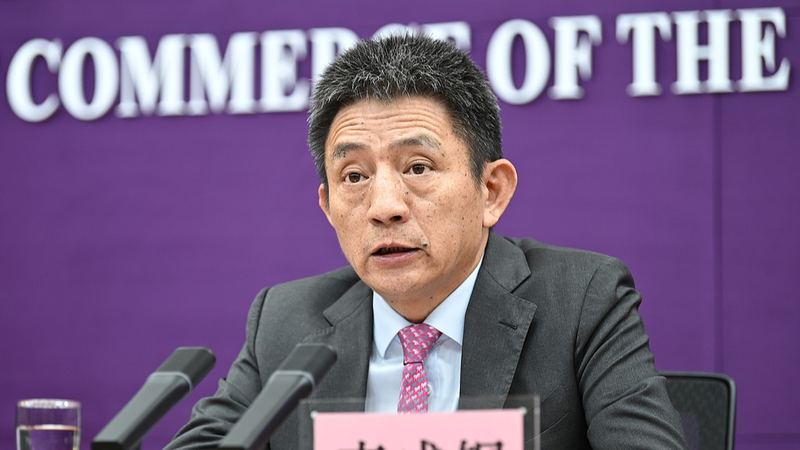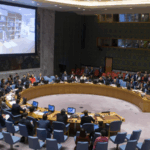China has taken a landmark step in global economic cooperation by announcing it will no longer seek special treatment in World Trade Organization negotiations after 24 years of membership. The move, praised by WTO officials as "a pivotal moment," aligns with Beijing's newly proposed Global Governance Initiative (GGI) aimed at reshaping international systems.
A Framework for Fairer Systems
Unveiled by Chinese President Xi Jinping at September's Shanghai Cooperation Organization summit, the GGI emphasizes sovereign equality, multilateralism, and practical problem-solving. "Global governance has come to a new crossroads," Xi stated, positioning the initiative as China's answer to what analysts describe as systemic challenges including underrepresentation of developing nations and declining UN authority.
International Endorsement Grows
UN Secretary-General António Guterres welcomed the initiative during meetings with Chinese Premier Li Qiang, noting its alignment with UN values. Over 15 countries including Russia, Malaysia, and Cuba have endorsed the framework since its launch. The GGI completes China's quartet of global proposals, joining existing initiatives on development, security, and cultural exchange.
From Policy to Practice
Concrete implementations are already emerging, including Tuesday's AI+ International Cooperation Initiative promoting ethical artificial intelligence development. Renmin University researcher Tian Dewen emphasized China's collaborative approach: "Global issues must be addressed through consultation among all nations."
Analysts suggest these moves signal China's evolving role in international affairs. U.S. China expert Robert Lawrence Kuhn observed: "The GGI most clearly states how China believes our turbulent world should be run." As debates about global governance reform intensify, Beijing's latest proposals offer both vision and actionable frameworks for international partners.
Reference(s):
How China promotes a more just and equitable global governance system
cgtn.com








